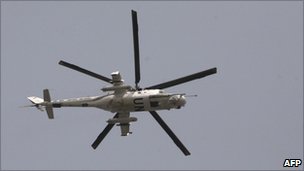Dinipevu
Senior Member
- Mar 15, 2011
- 100
- 31
Hapatokalika Ivory Coast, msituni tena...mh!
hivi hawa viongozi hawajui kama watakufa siku moja nao kuzikwa kama viumbe wengine? Inakera sana kiukweli,
Kabla ya kifo kwanza wataionja Hague ili kifo kiwapate hukohuko......Hague
is waiting for them if not one ....msije mkaomba kama akina Ruto na Uhuru.

